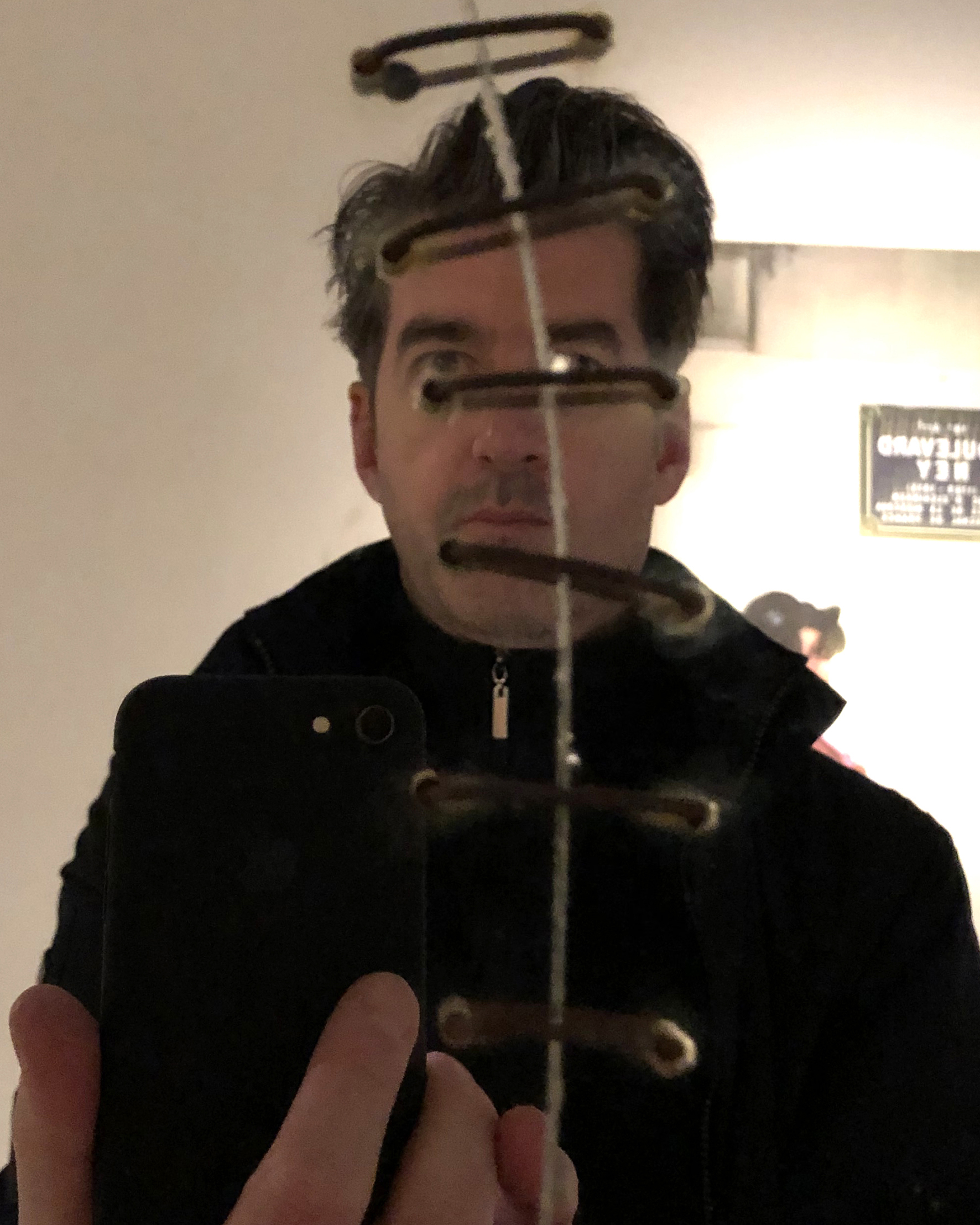Zanny Begg and Oliver Ressler
Australia + Austria
Zanny Begg and Oliver Ressler
The Right of Passage, 2013
Film, 19 minutes
“We can’t imagine a global citizenship or any concept of dynamic citizenship if we don’t think about it not only in terms of law but in terms of the political economy of bodies that move. There have to be structures that can receive and host this kind of movement. This is why citizenship is not simply a subjective phenomenon but also an objective phenomenon of hospitality.” – Antonio Negri, The Right of Passage
In their third collaborative film Zanny Begg (Sydney) and Oliver Ressler (Vienna) focus on struggles to obtain citizenship, while at the same time question the implicitly exclusionary nature of the concept. The Right of Passage is partially constructed through a series of interviews with Ariella Azoulay, Antonio Negri, and Sandro Mezzadra. These interviews form the starting point for a discussion in Barcelona, one of Europe’s most densely populated and multicultural cities, with a group of people living “without papers.” The film is set at night, against a city skyline, providing a dark void from which those marginalized and excluded can articulate their own relationship to the arbitrary nature of national identity and citizenship. Spain was chosen for this project as it is teetering on the brink of financial meltdown and is testing the limits of European cohesion.
The title, The Right of Passage, refers to the stages, or “rites of passage,” that mark important transitions on the path to selfhood. The exchange of “rites” with “rights” suggests that freedom of movement must become a right granted to every person – regardless of his or her place of birth. As the film explores these journeys, they not only transform those who embark upon them but also the places they inhabit. In the film, the conversations around citizenship are interwoven with animated sequences.
In their third collaborative film Zanny Begg (Sydney) and Oliver Ressler (Vienna) focus on struggles to obtain citizenship, while at the same time question the implicitly exclusionary nature of the concept. The Right of Passage is partially constructed through a series of interviews with Ariella Azoulay, Antonio Negri, and Sandro Mezzadra. These interviews form the starting point for a discussion in Barcelona, one of Europe’s most densely populated and multicultural cities, with a group of people living “without papers.” The film is set at night, against a city skyline, providing a dark void from which those marginalized and excluded can articulate their own relationship to the arbitrary nature of national identity and citizenship. Spain was chosen for this project as it is teetering on the brink of financial meltdown and is testing the limits of European cohesion.
The title, The Right of Passage, refers to the stages, or “rites of passage,” that mark important transitions on the path to selfhood. The exchange of “rites” with “rights” suggests that freedom of movement must become a right granted to every person – regardless of his or her place of birth. As the film explores these journeys, they not only transform those who embark upon them but also the places they inhabit. In the film, the conversations around citizenship are interwoven with animated sequences.
about the artists

Zanny Begg lives in Bulli, on Dharawal land, and is an artist and filmmaker who is interested in hidden and contested history/ies. She works with film, drawing, and installation to explore ways in which we can live and be in the world differently; this has included working with macro-political themes, such as alte-globalization protests, and in micro-political worlds, such as with kids in a maximum-security prison. She is the winner of the 66th Blake Prize Established Artist Residency 2021; she was one of six artists selected for the ACCA Open commission 2020; was the 2018 winner of the inaugural ACMI and Artbank film commission; the 2016 winner of the Incinerator Art Award, Art for Social Change; the 2016 winner of the Terrence and Lynnette Fern Cite Residency Paris; and was chosen by Werner Herzog to attend his Rogue Film School, 2015. Her recent film works include Magic Mountains (2020), Stories of Kannagi (2020); The Beehive (2018); The City of Ladies (with Elise McLeod); The Bullwhip Effect (2017); How to Blow up a Bubble that Won’t Burst; 1001 Nights in Fairfield (2015); and Doing Time (2014). She has regularly collaborated with Oliver Ressler.
zannybegg.com

Oliver Ressler produces installations, projects in public space, and films on economics, democracy, racism, climate breakdown, forms of resistance, and social alternatives. He has completed 36 films that have been screened in thousands of events of social movements, art institutions, and film festivals. Ressler had comprehensive solo exhibitions at CAAC, Seville; MNAC – National Museum of Contemporary Art, Bucharest; SALT Galata, Istanbul; and participated in the biennials in Taipei (2008), Lyon (2009), Gyumri (2012), Venice (2013), Athens (2013, 2015), Quebec (2014), Jeju (2017), Kyiv (2017), Gothenburg (2019), and at Documenta 14, Kassel, 2017.
ressler.at
ressler.at